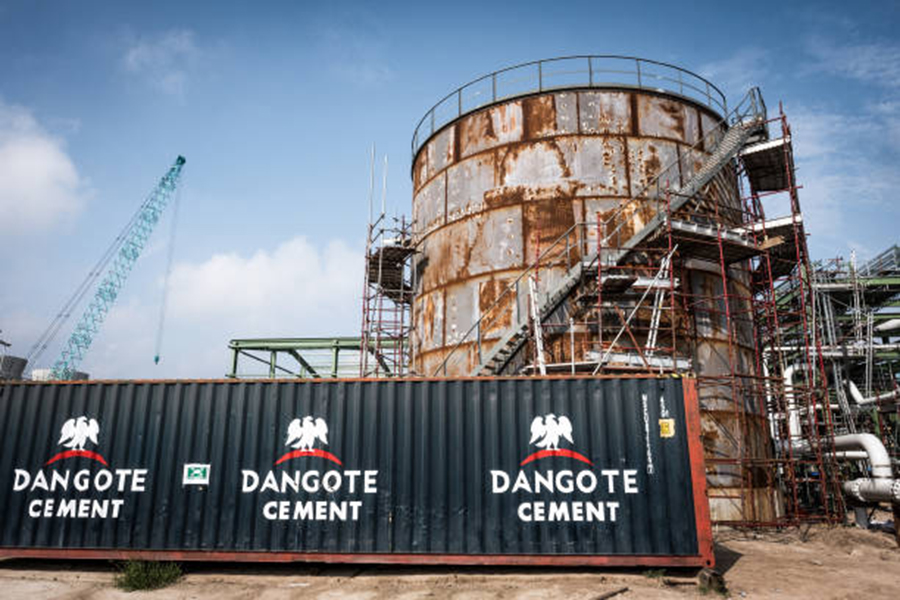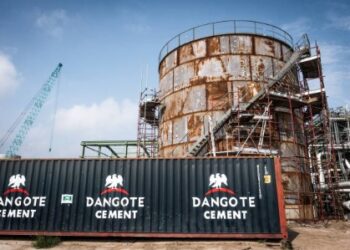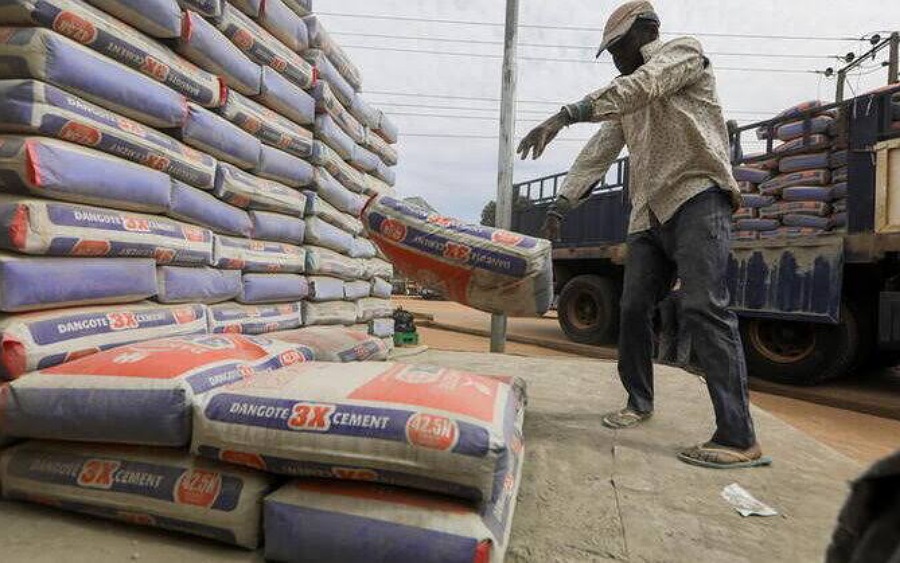Article summary
- Dangote Cement plans to use compressed natural gas to power its trucks.
- This plan is part of the group’s strategy to cut power and fuel costs in its Nigerian operations.
- In the first quarter of 2023, Dangote Cement spent N56.7 billion on power and fuel in its Nigerian operations.
Dangote Cement has said it will explore the use of alternative fuels to cut power costs. The group says it has a cost containment plan to improve its energy mix.
One such plan is to make use of compressed natural gas (CNG) for its trucks. The group stated this in its results statement for the first quarter of 2023. According to the result statement, increased prices of Automotive Gas Oil (AGO) also known as diesel, resulted in a 7.9% year-on-year increase in selling and distribution costs. The group stated:
- “Accordingly, earnings before interest, taxes, depreciation and amortization (EBITDA) of our Nigerian operations was down 19.3% to ₦158.6bn, at a margin of 56.6%, excluding central costs and eliminations (Q1 2022: ₦196.5bn, 61.1%).
- “We continue to build on our cost reduction strategy amid the high operating cost environment. This cost containment measures involves the use of alternative fuel (AF) to improve our energy mix, efficiencies in our plant operations, and the use of Compressed Natural Gas (CNG) for our trucks.”
More insights
According to the result statement, manufacturing costs increased by 6.2% to ₦163.7 billion in Q1 2023 from ₦154.1 billion in Q1 2022, owing to inflationary pressure, and materials consumed decreased by 4.8% to ₦48.2 billion, reflecting the reduction in production volumes from the group’s Nigerian operation. Meanwhile, fuel and power consumption increased slightly by 2.2% to ₦56.7 billion in Q1 2023 when compared to the ₦55 billion recorded in Q1 2022.
The Dangote Cement Group noted that total selling and administration expenses rose by 12.6% to ₦87.4 billion in Q1 2023, driven by the 18.0% increase in haulage expenses because of the significant rise in diesel costs. However, the result statement also noted that inflationary pressure and the devaluation of foreign currencies also drove part of this increase.
Rising energy costs for Nigerian businesses
In recent times, Nigerian businesses have faced several challenges, especially rising energy costs. In the first quarter of 2023, the National Bureau of Statistics (NBS) noted that Nigerians were paying significantly more for diesel, petrol, and other petroleum products. A few factors are responsible for these rising costs.
Crude oil is an internationally traded commodity and is exposed to the vagaries of global markets influenced by geopolitics. The Russia-Ukraine war has also disrupted global trade in some areas, and petroleum product imports in Nigeria are subject to freight costs, logistics costs, and other factors as well.
Dangote Cement is not alone in seeking alternative fuels to cut fuel and power costs. During its November 2022 investor presentation, BUA Cement said disruptions in energy markets are a challenge to its operations, stating that rising diesel prices have resulted in the group’s higher operating costs.
What you should know: Compressed natural gas (CNG) is a variant of natural gas that can be used to power vehicles as opposed to premium motor spirit (PMS), also known as petrol.



















